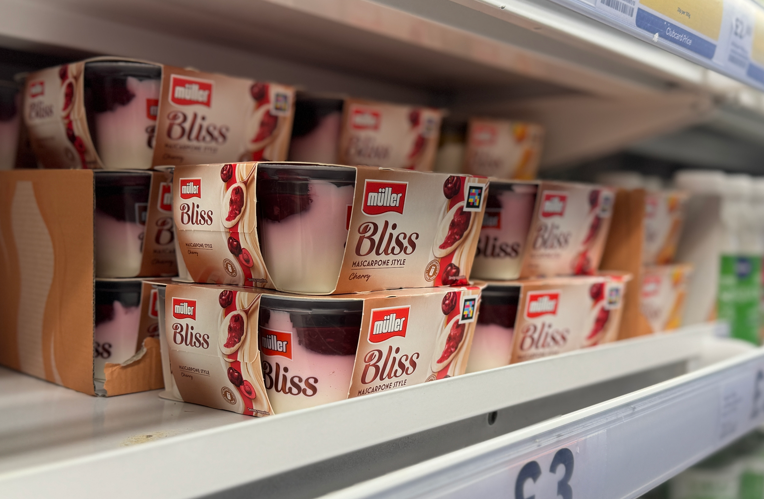What is the mere exposure effect?
The mere exposure effect is also known as the familiarity principle as it describes human tendency to develop preferences for things simply because we are familiar with them. It is somewhat similar to the salience bias which determines that we favour more emotionally striking items - familiarity often leads to an emotional connection.
Where does the mere exposure effect occur?
A common example of the mere exposure effect at play is in a restaurant scenario... imagine you are on holiday in Vietnam and your friends decide to eat in a traditional Vietnamese restaurant. You are apprehensive because you have never eaten Vietnamese food before.
You flick through the menu and spot that they also offer pizza, so you order it as a safe bet. The mere exposure effect has dictated that you order a food choice based on familiarity. Familiarity outweighs new because new may be associated with 'risk'. In this case, a risk of not enjoying your meal.
Similarly, we see the mere exposure effect in supermarkets. If a retailer displays a branded display unit at the forefront of the shop promoting one particular item, by the time a shopper has reached the aisle where they need to make a decision between lots of different brand products, they are more inclined to purchase the one that was displayed at the front because they have previously been exposed to it.
We see much of the same online with targeted social media ads that promote items that individuals will be inclined to like. The more the individuals see these ads, the more likely they are to buy! We prefer things that we have been exposed to in the past and our preference increases as our exposure does.
Why does the mere exposure effect happen?
This psychological phenomenon, like most, occurs subconsciously, making it a powerful and effective tool. We don’t need to be consciously aware of the things we are exposed to for their familiarity to have an effect on our preferences. In fact, researchers have found that the effect is more powerful when we are unaware.
There are two main reasons why we experience the mere exposure effect:
- It reduces uncertainty. We, as humans, are programmed by evolution to be wary of new things; it is animal instinct to associate danger with the unknown. As we see something repeatedly without discover negative consequences, we assume that it is safe. Imagine you are a caveman. You encounter two fruits; one that you’ve seen before and one that you haven’t. Which are you more likely to eat? The cavemen who ate the familiar fruit generally outlived those who chose the unknown fruit - perhaps it was poisonous to humans or not very nutritious... We have therefore evolved to have more positive feelings about people and things that we are familiar with than those we aren't.
- It makes understanding and interpreting easier. Processing Fluency determines that we are better able to understand and interpret things we have already seen before. Familiarity increases processing speed which in turn reduces mental strain. For example, a movie with a complex storyline is usually easier to understand the second time we watch it because we have already have some familiarity of characters which reduces the amount of new information our brain needs to process. Our mind generally looks for the path of least resistance so we prefer stimuli that we have already been exposed to.
The mere exposure effect in research
Robert Zajonc tested the mere-exposure effect on 1,000s of subjects. Some of his tests were verbal and auditory. For example, he tested how people responded to nonsense words like zebulons or worbus. The more often these words were repeated to the subjects, the more favourably they responded to them.
In other tests, he showed subjects symbols that looked like Chinese characters but were actually complete nonsense. The more often the subjects were exposed to the nonsense characters, the more likely they were to have positive feelings toward them.
The mere exposure effect in retail
In retail, whether it be bricks and mortar or eCommerce, the mere exposure effect can be a powerful ally. Use these 3 top tips:
- Repeat, repeat, repeat - The more you feature your USP, talk about your USP, rave about your USP and display your USP, the more familiar shoppers and consumers will become.
- Frequent trialling - The more frequently a product been tasted, for example, the better it was liked.
- Data and mere exposure - Make sure that you understand the limitations of big data and Web analytics. When looking at sales performance data, don’t forget to factor in the mere-exposure effect.
By understanding what the mere-exposure effect is and how it works, your brand can develop a significant advantage. More exposure leads to familiarity, which leads to comfortability, which leads to more brand preference and sales uplifts.






